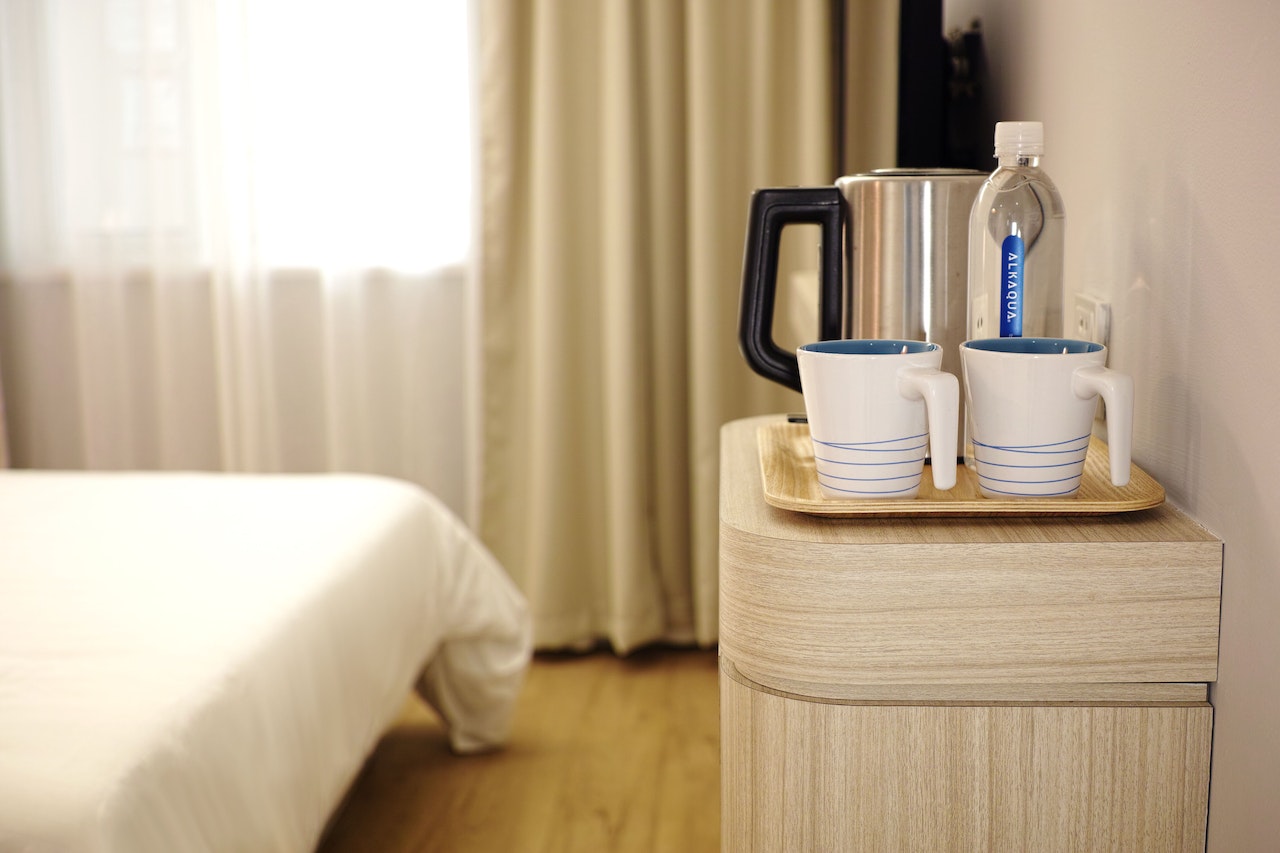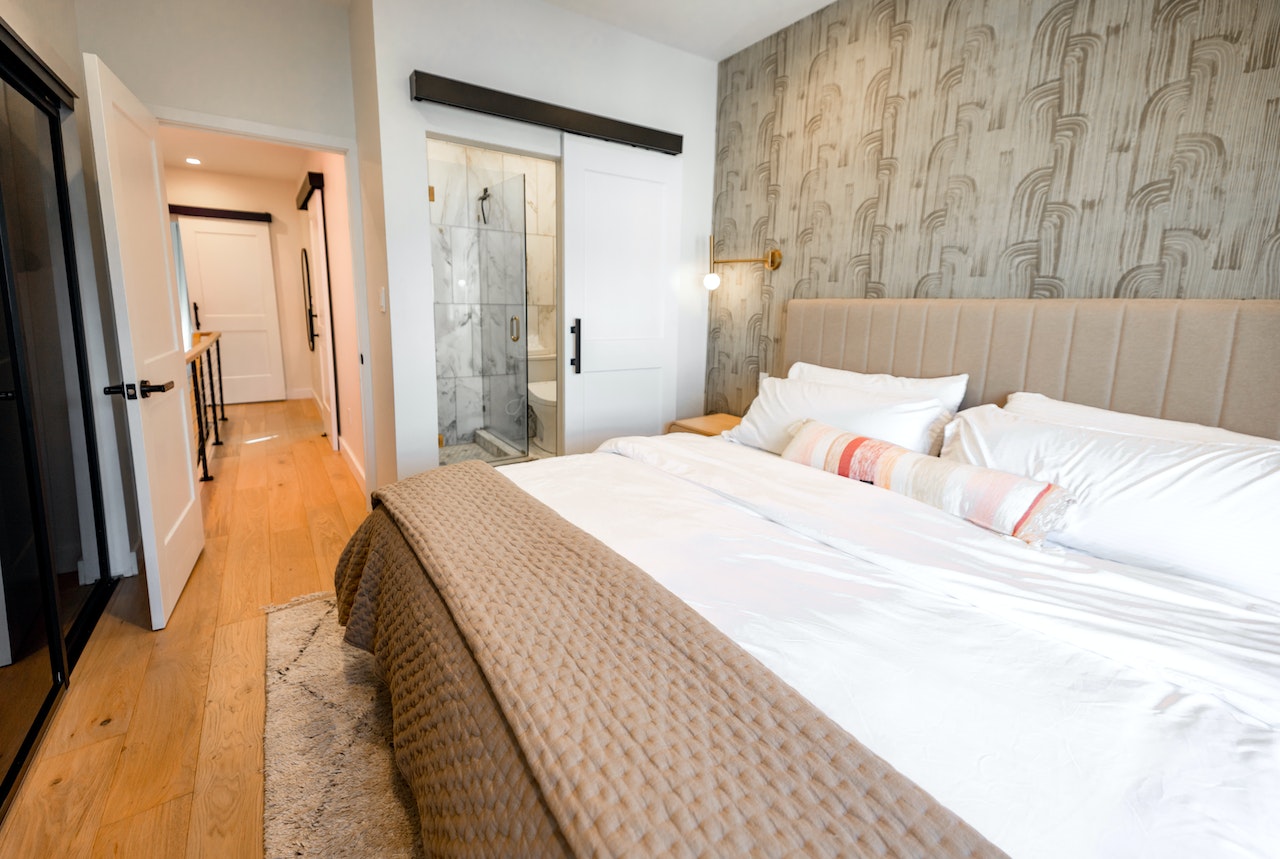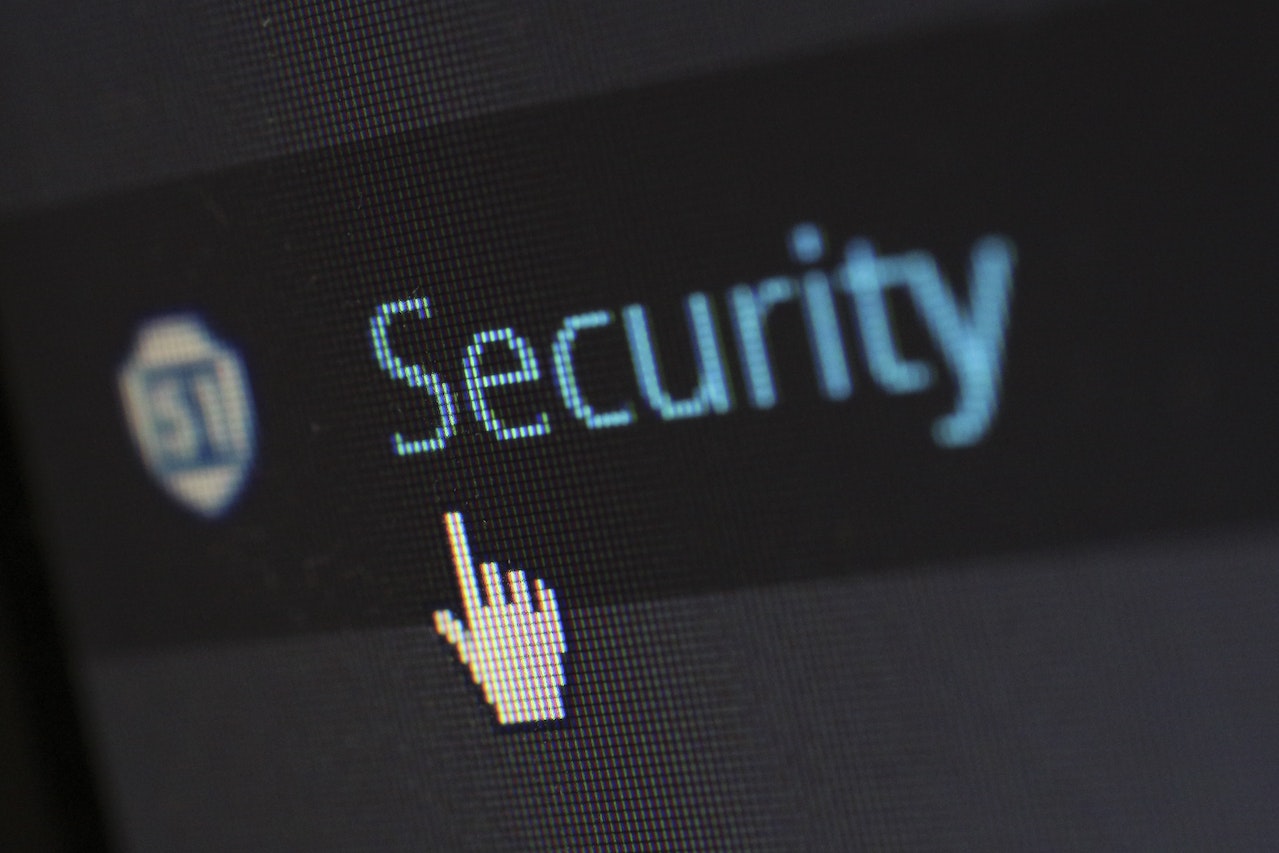The right tools are key to succeeding in the world of property rentals. Short-term rental property management software (PMS) and channel managers have surged in popularity as essential components of the modern property manager’s toolkit. To understand their significance and the remarkable difference between them, let’s delve deeper into these platforms.
Property Management Software vs. Channel Manager: Unraveling the Distinction
When it comes to managing a rental property, many often find themselves confused between PMS and channel managers. Though related, they serve different yet complementary purposes.

Property Management Software is the backbone of rental property operations. It aids in tasks such as property maintenance, tenant communication, rent collection, financial reporting, and more. With PMS, it becomes possible to keep track of all aspects of rental management in one place.
On the other hand, a channel manager is a tool that distributes and synchronizes the property listings across multiple online booking channels, such as Airbnb, Booking.com, Expedia, and many more. This reduces the likelihood of double bookings and keeps availability and pricing consistent across platforms. Essentially, while PMS deals with the entire breadth of property management tasks, a channel manager specifically addresses distribution and synchronization of listings.
Reviewing the best rental software is part of mastering hotel night audit processes.
The Magic of Rental Property Booking Software
A subset of the broader Property Management Software category, rental property booking software is specifically designed to streamline and automate the booking process. This type of software allows property managers to handle reservations, payments, and scheduling, along with communicating with guests before, during, and after their stays. Booking software is a boon for those who manage multiple properties or have a high turnover of guests. It can minimize human error, save time, and ensure a seamless experience for the guests.
Choosing the best property management software can affect profit maximization with the right pricing tool.
Exploring solutions? Secure your demo now!
Unlocking the Power of Effective Short-Term Rental Management
Navigating the waters of short-term rental management requires a different approach than traditional long-term property management. With guests coming and going frequently, the emphasis is on efficient booking processes, fast turnaround times for cleaning and maintenance, and ensuring an excellent guest experience. Here’s where the right management software can be a game-changer. They not only streamline booking and payment processes but also provide insights and analytics for better decision making.
With the understanding of these critical tools now clear, it’s time to delve into some of the top short-term rental property management software on the market.
Guesty
Designed with a strong focus on short-term rentals, Guesty provides a robust platform with an array of features. These include a unified inbox for all communications, automation tools to minimize manual tasks, and robust reporting capabilities. However, Guesty’s pricing can be high compared to other options, making it less ideal for those on a budget.
Streamline
Streamline stands out for its broad feature set and excellent customer support. However, it falls a little short when it comes to third-party integrations.
Avantio
Avantio shines for its strong channel manager and wide range of integrations. Its pricing structure, which charges per booking, may not suit everyone’s needs.
Hostaway
Hostaway is recognized for its robust automation features, allowing property managers to automate tasks from messaging to reviews. However, some users feel that the interface could benefit from further refinement.
Cloudbeds
Cloudbeds is known for its powerful channel manager, excellent reporting features, and integrations with a broad range of third-party systems. On the downside, its user interface could be more intuitive, and some users have reported challenges with customer support.
Hostfully
Hostfully stands out for its emphasis on building brand reputation, with customizable digital guidebooks for each property. However, some users have noted that its customer service response times could be improved.
Homhero
Homhero has been developed, tried and tested in Australia to suit the specific needs of medium to large short term rental accommodation property managers across the nation.
Lodgify
Lodgify stands out for its strong website-building capabilities. Users can create attractive, custom websites for their properties, a boon for increasing direct bookings. The software also includes a booking system and a channel manager, though some users have found the latter less intuitive than they’d prefer.
Tokeet
Tokeet provides a comprehensive range of tools, from reservation management to invoicing and billing. The multi-calendar feature is a standout, enabling management of multiple properties in one place. Yet, some users have noted a steep learning curve with Tokeet, which might be a barrier for those less tech-savvy.
Kigo
Kigo shines for its dynamic pricing capabilities, which automatically adjust prices based on factors like demand and season. However, some users have noted that the software could benefit from more customization options.
Propertyware
Propertyware scores well for its scalability, making it suitable for both small and large property managers. It also offers robust tenant screening features. However, its user interface is not as modern as some competitors, and customer support could be improved.
Your Porter
Your Porter’s strong point is its mobile-first approach, with a well-designed app that makes managing properties from anywhere easy. Its integration capabilities are slightly limited compared to other options.
BookingSync
BookingSync has a strong focus on automation, helping to streamline repetitive tasks. It also stands out for its philanthropic approach, donating a portion of its profits to charity. However, it could benefit from a more intuitive user interface.
LiveRez
LiveRez stands out with its all-in-one approach, offering tools for reservations, websites, marketing, and CRM in a single platform. But its lack of a free trial may deter some potential users who want to test the software before committing.
RMS Cloud
RMS Cloud is commended for its comprehensive range of features, offering everything from channel management to guest marketing in one place. Its complex interface, however, may take time to master.
Zeevou
Zeevou shines with its innovative approach to automating tasks, making property management less cumbersome. Some users, though, have commented that its reporting capabilities could be enhanced.
Smoobu
Smoobu offers an intuitive user interface and strong synchronization features, although its reporting features are relatively basic compared to some competitors.
Eviivo
Eviivo offers a flexible suite of tools that cater to different types of property managers, from bed and breakfasts to vacation rentals. Its customer support, though, has received mixed reviews.
While the decision of which property management software to choose ultimately depends on individual needs and preferences, the list above offers a wide range of options for both property management software and channel managers. Understanding the difference between these tools and the potential benefits they can bring to short-term rental management is the first step in making an informed choice. As the market evolves, continued research and staying up-to-date with the latest advancements in rental property management software can be a major asset in staying ahead of the curve.

Best Channel Manager for Vacation Rentals
So, we’ve talked at length about property management software, but let’s zoom in on channel managers. Remember, these gems handle the distribution and synchronization of your property listings across multiple online booking platforms like Airbnb, Booking.com, and Expedia. Given the array of options, how do you pick the channel manager that’ll make your life a breeze?
Why It Matters
Having a powerful channel manager is like having a trusted lieutenant in the army of your rental property operations. When done right, it streamlines your listings across various platforms, ensuring not only that you remain consistently booked but also that you avoid dreaded double bookings. The right channel manager also makes it easier to implement dynamic pricing strategies across all platforms, optimizing your revenue.
Top Picks for Best Channel Managers
Cloudbeds:
Already mentioned as a strong PMS, Cloudbeds also excels as a channel manager. With its wide range of integrations and real-time updates, it’s a popular choice for many property managers.
Avantio:
Its strong channel management capabilities make Avantio a standout. With a pricing structure that charges per booking, it’s worth evaluating if this suits your business model.
Rentals United:
Known for its robust feature set and ease of use, Rentals United is a strong contender. It also offers an impressive set of analytics tools, helping you make data-driven decisions.
BookingPal:
Geared specifically for vacation rentals, BookingPal offers extensive distribution capabilities. It also comes with performance analytics to help you evaluate your listings’ effectiveness across platforms.
ChannelAdvisor:
Best for those who are managing a large number of properties across multiple platforms. It offers a comprehensive solution but may be overkill for smaller operations.
Decision Time
When choosing a channel manager, consider your needs, the scale of your operations, and your budget. Make sure to avail yourself of any free trials or demos—these can be invaluable in helping you make the right choice. Just like with PMS, staying up-to-date with the latest advancements in channel managers will keep you one step ahead in the ever-evolving world of vacation rentals.
Short-Term Rental Pricing Tools
Now that you’re well-versed in property management software and channel managers, let’s not overlook another key player in your rental management toolkit: short-term rental pricing tools.

These specialized tools analyze market data, demand, and other variables to help you set optimal pricing strategies, ensuring you maximize revenue without discouraging potential guests.
Beyond Pricing:
This tool utilizes real-time market data to automatically update your rental prices daily. It’s designed to work seamlessly with various property management software and channel managers, making integration a breeze.
PriceLabs:
Known for its granular control, PriceLabs allows you to set custom rules and exceptions, giving you more influence over your pricing strategy. Its analytics dashboard is another major plus, offering insights into pricing performance.
Wheelhouse:
This is an all-in-one pricing platform that offers not only dynamic pricing but also market insights, which can be a huge asset when strategizing. Wheelhouse also provides user-friendly interfaces and offers straightforward integration with most property management systems.
Whether you manage a single property or an entire fleet, the right pricing tool can take the guesswork out of setting your rates, helping you to make data-driven decisions that maximize your revenue.
Integrating Autohost with Property Management Software
Autohost stands as a powerful and dynamic tool in the realm of short-term rental management, especially when integrated with various Property Management Software (PMS). It acts as an intelligent assistant, bringing an extra layer of security by screening guests, detecting potential risks, and mitigating potential issues before they arise. Through seamless integration with virtually all PMS platforms, Autohost augments their inherent capabilities, providing a more comprehensive solution that combines operational efficiency, booking management, and robust risk management. Its ability to synchronize effortlessly with a wide array of systems enhances its appeal, making it a valuable addition to any property manager’s software suite.
Unlock business growth: streamline processes and boost ROI. Schedule your demo now!






























